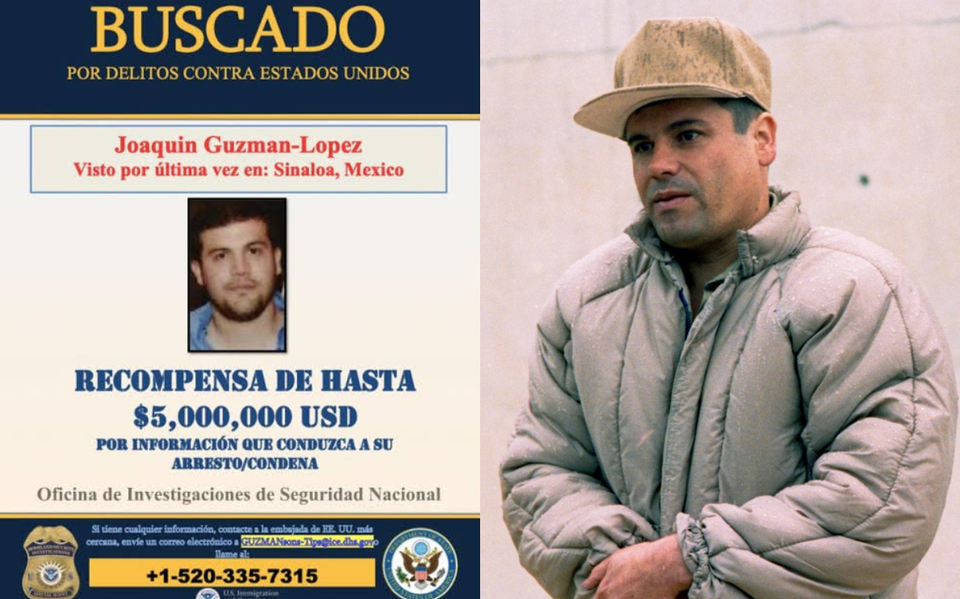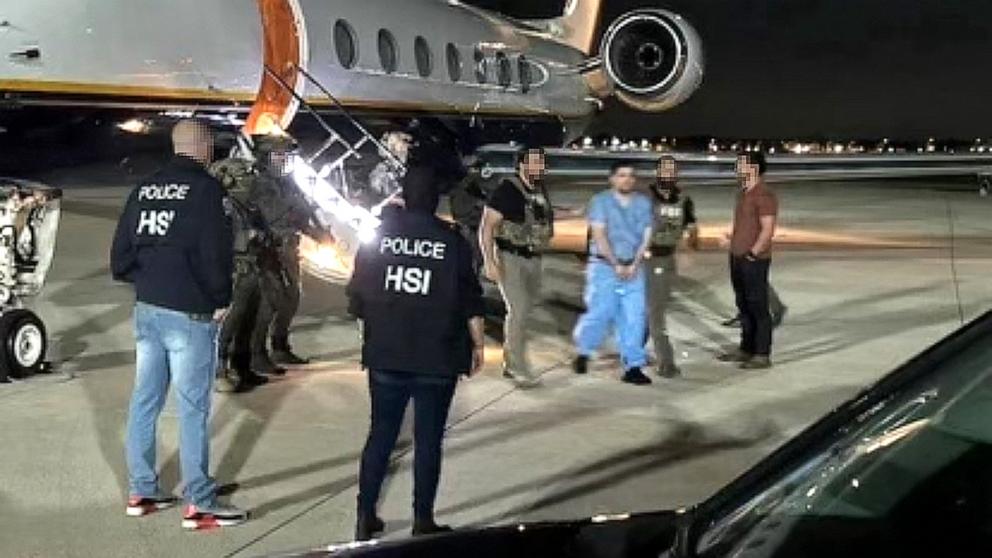In a startling development, Mexico’s Attorney General’s Office has suggested that U.S. authorities may have made a deal with a Mexican drug lord to facilitate the transfer of his brother from a U.S. prison. This allegation adds a new layer of complexity to an already intricate case involving two high-profile cartel leaders and their mysterious flight to the United States.

The focal point of this controversy is the Guzmán family, specifically brothers Joaquín Guzmán López and Ovidio Guzman. Mexican prosecutors allege that Joaquín may have turned himself in and delivered another cartel leader, Ismael “El Mayo” Zambada, to U.S. authorities in exchange for his brother Ovidio’s transfer within the U.S. prison system.
“The link between the (custody) status of Ovidio ‘G,’ the participation of his brother Joaquin in the presumed kidnapping of Ismael (Zambada) … are the main areas of focus of the investigation,” stated the Attorney General’s Office.
This alleged deal came to light following a bizarre incident in July when Joaquín Guzmán López reportedly kidnapped Zambada, a rival faction leader within the Sinaloa cartel, and flew him to the United States on a small plane with questionable registration details.
Adding to the controversy, Mexican authorities claim that U.S. agencies authorized the aircraft’s approach and landing, contradicting U.S. officials’ denials of involvement. The Mexican Attorney General’s Office has expressed frustration over the lack of response from U.S. authorities to their multiple information requests regarding the flight.

The case has proved embarrassing for the Mexican government, which was unaware of the drug lords’ detentions on U.S. soil until after the fact. It has also highlighted tensions in the approach to combating drug cartels, with President Andrés Manuel López Obrador questioning U.S. policies on detaining cartel leaders.
U.S. Ambassador to Mexico Ken Salazar has attempted to clarify Ovidio Guzman’s status, stating, “He is in prison, and we are going to judge him in the way the Department of Justice does it.” However, the exact details of his custody and any potential transfer remain unclear.
The incident has shed light on the complex dynamics within the Sinaloa cartel and raised questions about the potential role of cartel leaders in regional political disputes. Zambada’s willingness to meet with local politicians before his alleged abduction suggests he may have been viewed as a potential arbiter in such matters.
As investigations continue, Mexican prosecutors plan to interview officials from Sinaloa state about their inspections of the compound where the abduction and related killings allegedly occurred. The case has also tragically resulted in the presumed deaths of two of Zambada’s bodyguards who disappeared following the kidnapping.



